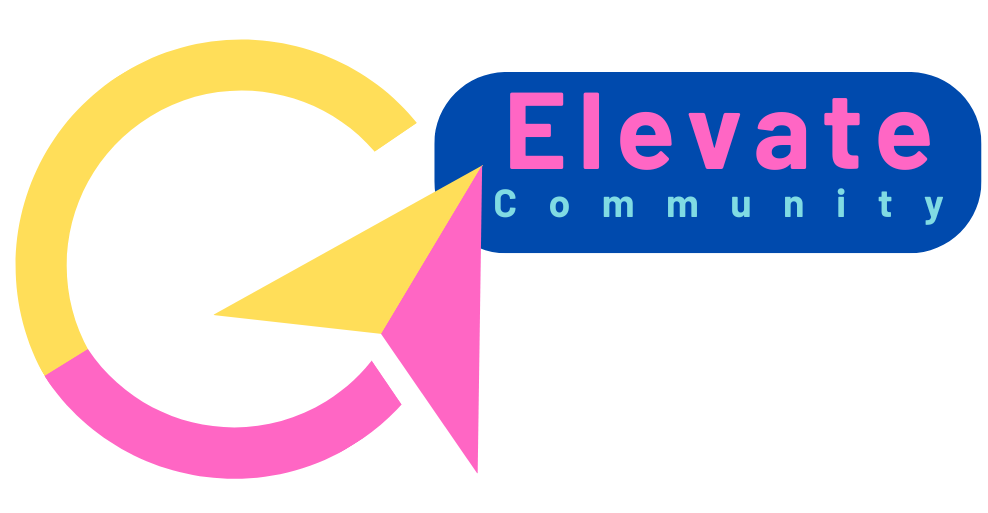Where do you begin? You’re the expert in your department on customer engagement, yet alumni are engaging with your brand across the institution and with each other at events. Your volunteer leaders represent the brand the experience they have with other alumni will make a lasting impression, for the better or worse. As you zoom out of your domain the reach that the brand has become bigger and bigger, like the universe sinning larger and larger. How will you make an impact?
Stop. Take a breath. Zoom in. What area to you impact? What area to you have control over? Perfect (or come close) the engagement and experience you are having with the alumni who are connecting with you daily.
For example. I oversee our Help Desk. My team responds to about 800 alumni requests a month. My impact begins here. It starts with the way that I treat my team, are they happy? Are they getting what they need from me and from each other? Do they have the resources that they need to best assist alumni? Do they have the information they need? Do they have the authority to make decisions?
Let’s go deeper.
Are they trained? How are they trained? How well do they understand and grasp the tools that they’re trained on? Do they understand what the main objective of your team is? Do you know what it is? Hint- it’s not to answer questions and move on to the next, although how often does it feel like that’s all it is? Answering questions are part of it, but what more can it be?
Do you feel like we’re boiling the ocean? I do. There are so many questions and directions that this can go. Let’s back up and zoom out. These questions will become more clear once we look at where you want to go. We need to figure out the objective and strategy of this whole thing, then we can begin to zoom in on the types of questions that need to be asked to get you there.
Think of this as a game. First, you need the pieces (pawns, cards, board, directions, strategy, objective). Once it’s all set up, we can start moving forward.
Objective: To have the greatest positive impact on the largest number of alumni.
Strategy: By setting clear expectations, supplying proper tools, providing support to staff, creating and sharing metrics, and articulating your team’s objective, you will be set up to run a successful engagement program.
Game board: Think of this as the timeline and checklist to get you from start to your journey. This is where you need to think of the types of questions that you want to answer/ address.
Cards: This will get you thinking and moving to the next step… or, maybe they’ll send you back to rethink a policy or procedure. They will also motivate you to celebrate.
Pawns: This is your team (I know, who wants to be referred to as a pawn or game piece) let’s make this a superhero board game! (See revision below).
Superheroes: These are your teammates and staff. They’re the ones who are rolling up their sleeves and releasing their powers of answers to assist alumni.
Now that we’ve opened the game, let’s get started getting to the objective of your game.
Some questions to get you started:
- What do you want your area to look like in five years?
- Assuming that you won’t be in this role in five years, what accomplishments do you want to walk away with (think success to share on your resume). If you will be here in five years, who from institutional leadership do you want to be talking to?
- What other departments do you see that could benefit from the success of your area?
- What questions or issues will you have solved in five years?
- What direction will you be heading?
- What can alumni come to expect when interacting with your area?
- How will you be measuring your success? What metrics will you use implement now to reflect the progress?
- How will this objective set you apart from your peers? Or show growth?
Here we go! Next, I’ll share my objective with you and how I got there. Feel free to leave your objective in the comments.
Sara



